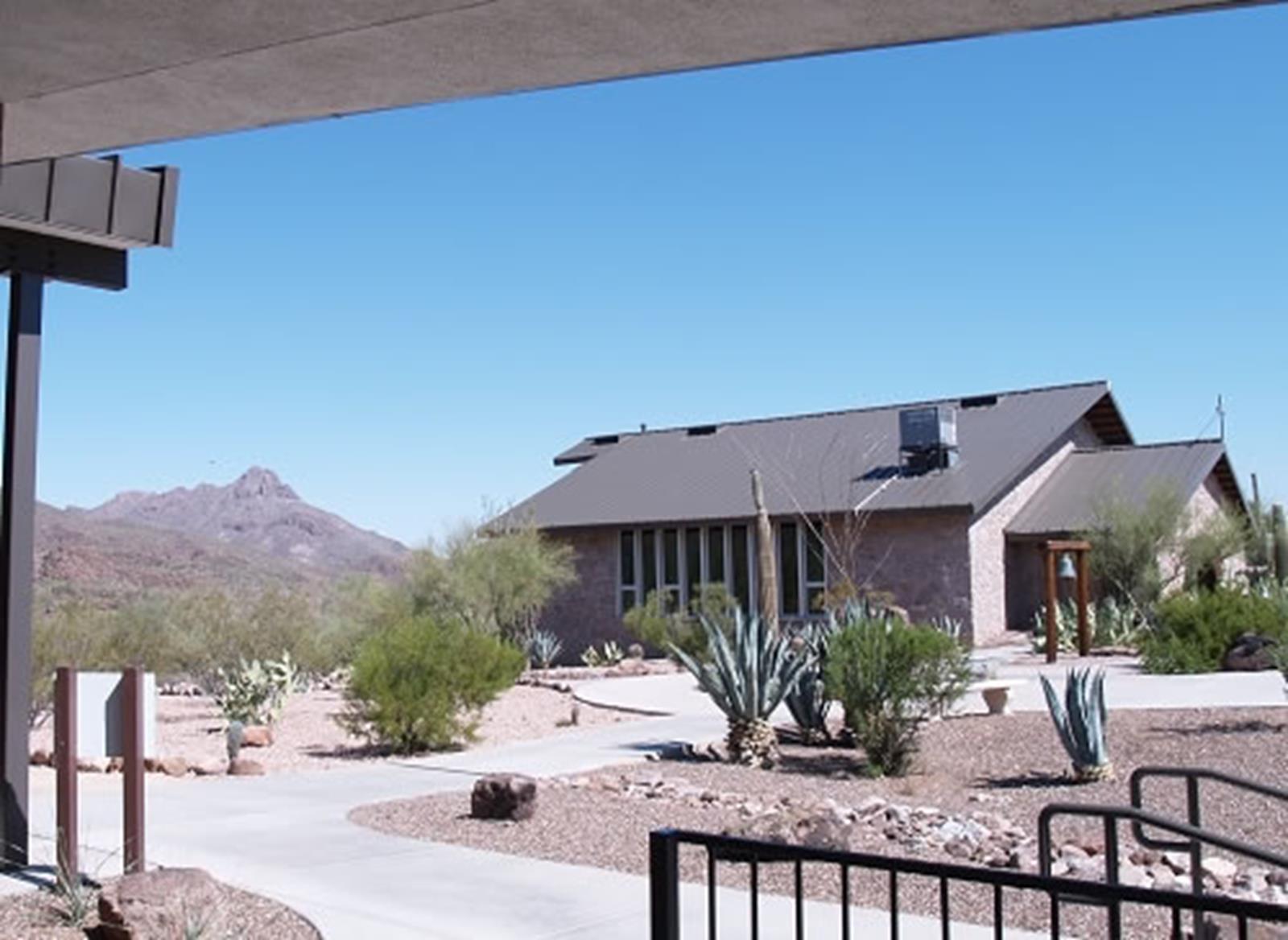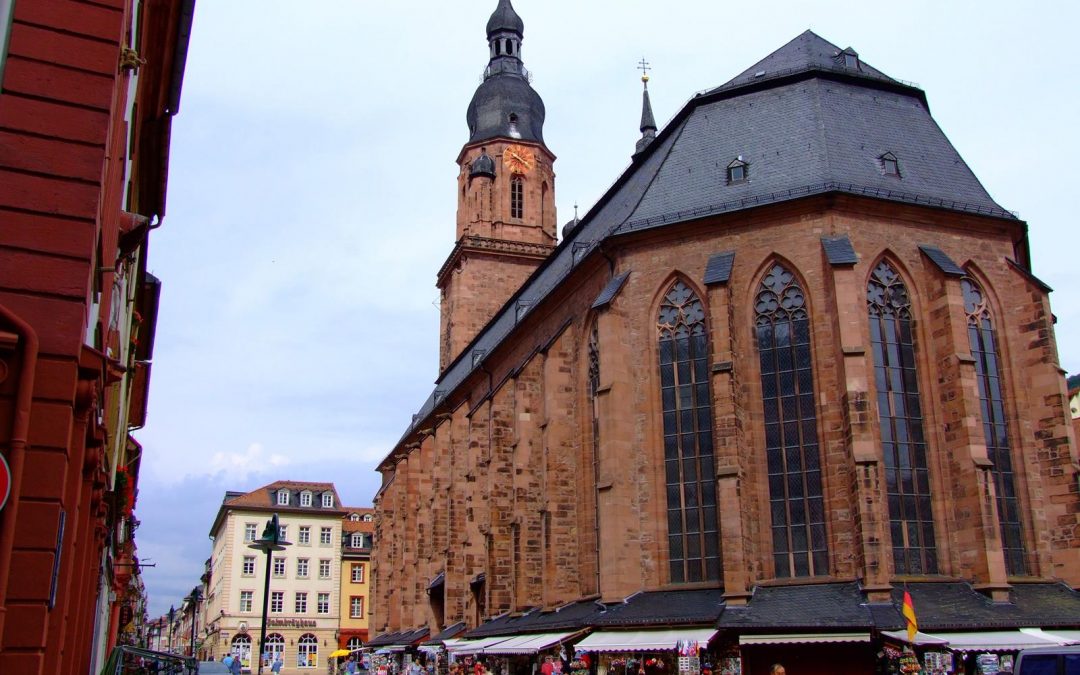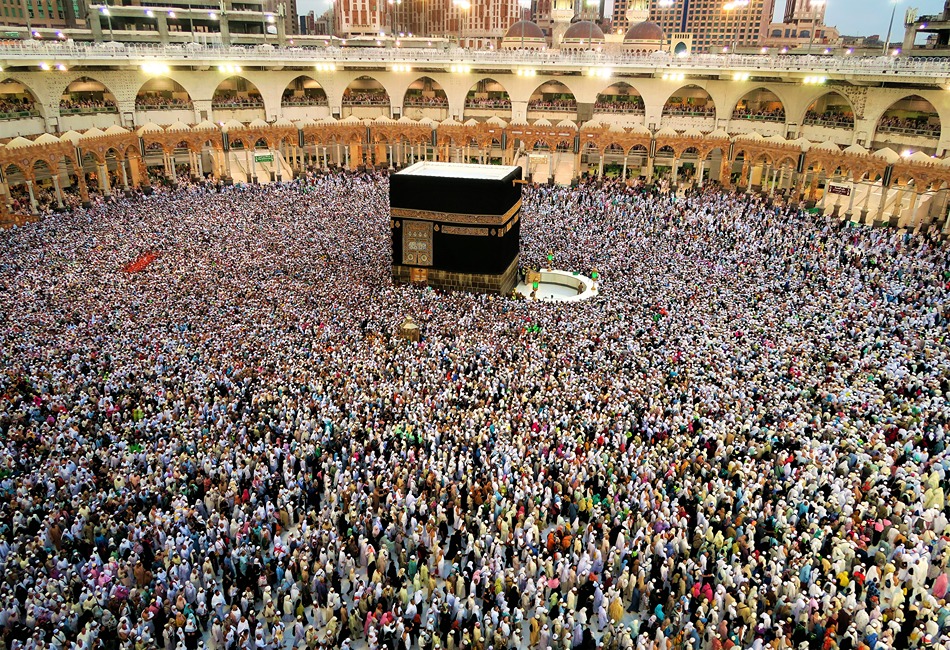The concept of taking a religious retreat certainly isn’t new. In today’s turbulent times, it’s understandable that retreat centers are more popular than ever.
We live in a complicated world that’s filled with distractions. We’re multi-tasking as we juggle family, career and personal obligations.
Going to a peaceful place helps us find what might be missing in our lives and allows us get back in touch with ourselves. A survey conducted by AARP says that the majority of people visit a retreat center to enhance spirituality. Others go to seek personal growth or commune with and develop a deeper appreciation of nature. Understanding your members’ reasons is key to finding the right spot for your group.
Every state and Canadian province has retreat centers. California is the leader with more than 270. Once a list of possible destinations has been established, the research begins in earnest. The next step is to determine if you are only interested in a faith-based retreat center.
Religious Retreat Centers for Every Denomination
From Catholics, Presbyterians, Methodists and Quakers to Episcopalians, Lutherans and Baptists, there’s a retreat center for your denomination. There are more that 400 Catholic centers run by Benedictine, Jesuit and other orders in the U.S. Some centers are purely ecumenical. You do not necessarily need to adhere to the spiritual value of the particular denomination, but you should respect the faith of its members.
Every retreat center has its own individual focus. Located in Tucson, Arizona, the Redemptorist Renewal Center of Picture Rocks provides a place for “solitude, reflection, prayer and contemplative practice.” Set in the foothills of the Tucson Mountains and Sonoran Desert, it has a definite appeal to the nature lover. The Church of Our Lady of the Desert is recognized by the Diocese of Tucson as a conventional church but does not offer traditional parish services.
The Emrich Retreat Center in Parishfield in Brighton, Michigan. offers a natural location where “groups explore spiritual growth, education and community- building” in a peaceful and serene setting. Built in the 1940s and ’50s, the accommodations and meeting rooms have a rustic charm.
Once you are satisfied the retreat center is both convenient and the proper focus for your group, there are still a few questions remaining. Ask about the quality of the accommodations and if they match your group’s desires. Are meals provided, or are there adequate kitchen facilities to handle your needs? Is a retreat or inspirational leader needed?
The lodging question is answered by the size of your group, privacy concerns, comfort required and cost. Will dormitory living while sharing a bathroom be satisfactory, or is a more upscale accommodation with the amenities of home required? Beware that many retreat centers do not offer telephones and televisions in the room. In fact, you might not have great cellphone reception or Wi-Fi available.
Although some retreats may encourage fasting along with meditation, most people who attend retreats want to be fed. If you have the option and the price is not prohibitive, take advantage of the facility’s food service. Buffet- or family-style meals, if available, certainly relieve the work involved in planning and preparing your own meals. There is also a lot to be said for the joy of preparing a meal with friends and family. We all usually end up in the kitchen anyway.
The pastor, youth minister or other church leader is the ideal person to organize an outing at religious retreat centers. However, they may be too familiar to lead the group. The setting is quite different than home, and isn’t that the whole purpose of going on retreat? Of course, we certainly don’t want to see any Elmer Gantry-style leader. After all, the atmosphere should be one of serenity. Work with your retreat center. It’s possible they can provide a leadership package or recommend a source. Do your homework and get recommendations from past attendees.






